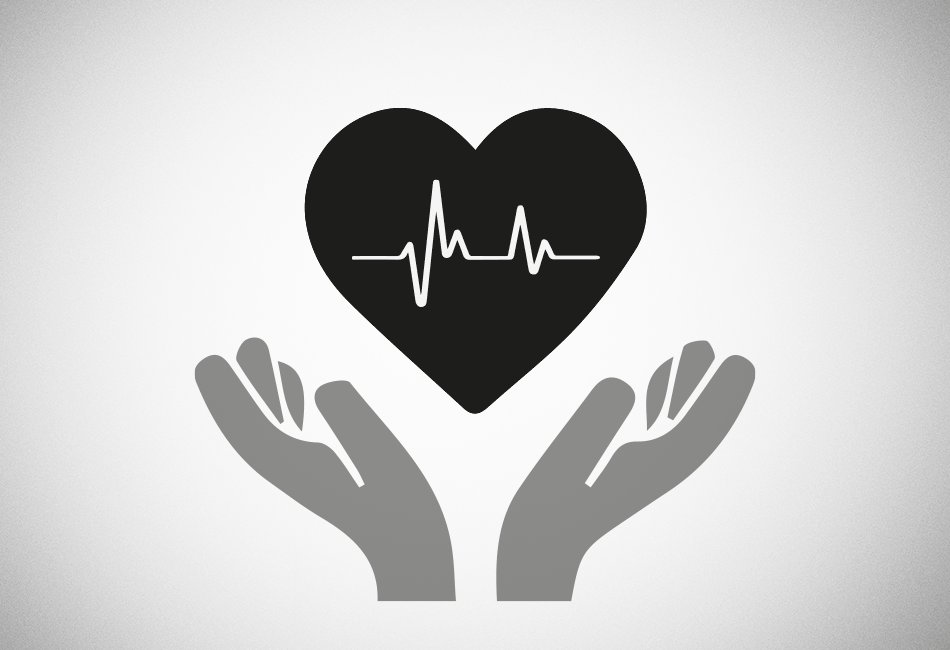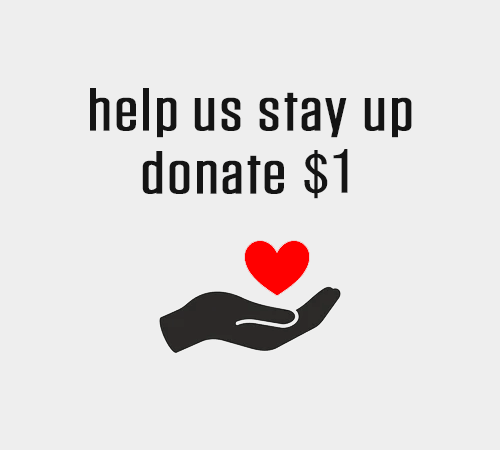Every competitive sporting event is fraught with pressure. The expectations of the crowd, the heat of the moment, the months of preparation and the desire to win conspire to create a heightened state of anxiety that persists and harms both the mind and body of athletes.[1] What’s more, it also seriously impacts their performance, robbing them of the chance to achieve the very thing they have been working so hard for: a win.
Arguably, one of the most stressful sports to compete in is the 100m sprint. The time is so short that every tenth of a second truly counts. Technique is key. So is physical and conditioning, endurance, strength and power. Because of the compressed time of execution, the tiniest error is magnified. Competitors then try to focus, blank out the world around them and zero in on what they have to do. Usually, this only makes things worse, as they have to grapple with their fears and uncertainties. The pressure they feel then goes up.
In the 100m sprint world the acknowledged giant is none other than Usain Bolt. Not only did he defy statistics and expectations to break his own world record in 2009 by running the 100m in 9.58 seconds but he also brought down the world record that had been incrementally, improving over the years by an average of 0.007 seconds per year, by a jaw-dropping (and unforeseen) 0.19 seconds.
Stress, Heart-Beat Rate And Sports Performance
The role resting heart-rate plays in sports performance as well as in our overall quality of life has been documented in a number of studies[2]. To recap a low heart rate is like having a large capacity engine in your car. Even when you drive moderately fast the engine barely feels it and you still have plenty of revs in the counter for the moments you may want to put your foot down.
In sports, stress and anxiety tend to raise the athlete’s heart rate before the start of a competitive event. Higher stress levels affect everything from blood oxygenation[3] and breathing[4] to the way the blood flows to the brain[5]. This means that athletes who get to the starting point of their competitive sport with heart beats that are elevated because of stress and anxiety are already at a disadvantage.
This is where Usain Bolt’s legendary, relaxed and kind approach to his pre-race preparation comes in. As you can see from the videos below, despite the high stakes of the races he’s been in, he’s become notable for his approachable, friendly nature. His fist-bumping and joking with the track & field official supporting staff.
Kindness Affects Your Health And Fitness
A study carried our by University of Kansas researchers using 170 participants found that smiling reduced stress levels and improved the mood when compared with the control group that underwent the same tests without smiling. Even more astoundingly the researchers discovered that the beneficial effects of smiling on heart rate and mood were present even when the participants had been tricked into forming a smile but were not consciously aware that they were actually smiling.[6]
The power of a smile to deliver tangible fitness benefits was demonstrated in a 2017 study[7] where elite runners underwent a battery of tests at the Ulster University in Northern Ireland and Swansea University in Wales. The results showed that smiling before and even during a run delivered an overall relaxation of muscle tension that resulted in as much as 2.78 per cent efficiency gains while running.
Reduced muscle tension improves blood flow throughout the body, including the brain, requires less oxygen when the body is not working at a high rate and reduces overall stress which reduces the levels of stress hormone, cortisol, in the body.
Cortisol levels in the body go up as the level of intensity of the exercise increases.[8] Cortisol has many beneficial effects when the body is working at peak but it also affects the way the body handles neurochemical processes including protein synthesis when it builds up past certain limits.[9]
This means that starting a race, or indeed, any physical activity in a more relaxed frame of mind triggers corresponding neurobiological and neurochemical responses in the body that lower the heart rate, regulate breathing better, improve blood flow to the muscles and the brain and help athletes get more out of their physical performance.
Usain Bolt’s pre-race preparation may reflect the good nature of his character but, at the same time, helped give him a competitive advantage over his fellow athletes by lowering his stress levels and allowing him to regulate his emotions, breathing and heart beat so that he started the race in a far more relaxed manner than most.
Even more important, a 2018 study carried out by the University of Wisconsin-Madison psychology department, found that smiling not only affected the person who smiled but also those around him.[10] Making the people around us feel happy also helps us feel good and reduces our stress levels.
Summary
You may not run world-class races where the stakes are high but smiling and being kind, in general, allows you to experience reduced stress, a higher overall level of wellbeing and it helps fight anxiety and inflammation in your body. This also helps your immune system stay healthy and your body remain biologically younger, longer.[11]
Research
- Zhou Y, Zhou F. Cognitive Neural Mechanism of Sports Competition Pressure Source. Transl Neurosci. 2019;10:147-151. Published 2019 Apr 25. doi:10.1515/tnsci-2019-0025
- Reimers AK, Knapp G, Reimers CD. Effects of Exercise on the Resting Heart Rate: A Systematic Review and Meta-Analysis of Interventional Studies. J Clin Med. 2018;7(12):503. Published 2018 Dec 1. doi:10.3390/jcm7120503
- Miyake S, Wada-Takahashi S, Honda H, Takahashi SS, Sasaguri K, Sato S, Lee MC. Stress and chewing affect blood flow and oxygen levels in the rat brain. Arch Oral Biol. 2012 Nov;57(11):1491-7. doi: 10.1016/j.archoralbio.2012.06.008. Epub 2012 Oct 11. PMID: 23063255.
- Aeschliman SD, Blue MS, Williams KB, Cobb CM, MacNeill SR. A preliminary study on oxygen saturation levels of patients during periodontal surgery with and without oral conscious sedation using diazepam. J Periodontol. 2003 Jul;74(7):1056-9. doi: 10.1902/jop.2003.74.7.1056. PMID: 12931769.
- Elbau, Immanuel & Brücklmeier, Benedikt & Uhr, Manfred & Knauer-Arloth, Janine & Czamara, Darina & Spoormaker, Victor & Czisch, Michael & Stephan, Klaas & Binder, Elisabeth & Sämann, Philipp. (2018). The brain’s hemodynamic response function rapidly changes under acute psychosocial stress in association with genetic and endocrine stress response markers. Proceedings of the National Academy of Sciences. 115. 201804340. 10.1073/pnas.1804340115.
- Kraft TL, Pressman SD. Grin and bear it: the influence of manipulated facial expression on the stress response. Psychol Sci. 2012;23(11):1372-8. doi: 10.1177/0956797612445312. Epub 2012 Sep 24. PMID: 23012270.
- Noel E.BrickaMegan, J.McElhinney, Richard S.Metcalfecd. The effects of facial expression and relaxation cues on movement economy, physiological, and perceptual responses during running. doi.org/10.1016/j.psychsport.2017.09.009
- Budde H, Machado S, Ribeiro P, Wegner M. The cortisol response to exercise in young adults. Front Behav Neurosci. 2015;9:13. Published 2015 Feb 3. doi:10.3389/fnbeh.2015.00013
- Vale, Rodrigo & Rosa, Guilherme & Nodari-Junior, Rudy & Dantas, Estélio. (2012). Cortisol and physical exercise.
- Martin, Jared & Abercrombie, Heather & Gilboa-Schechtman, Eva & Niedenthal, Paula & Martin, Jared. (2018). Functionally distinct smiles elicit different physiological responses in an evaluative context. Scientific Reports. 8. 10.1038/s41598-018-21536-1.
- Schagen SK, Zampeli VA, Makrantonaki E, Zouboulis CC. Discovering the link between nutrition and skin aging. Dermatoendocrinol. 2012;4(3):298-307. doi:10.4161/derm.22876











